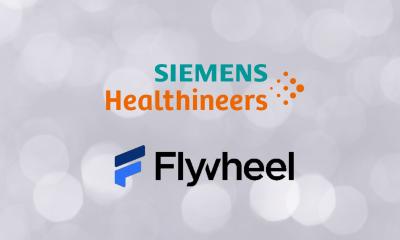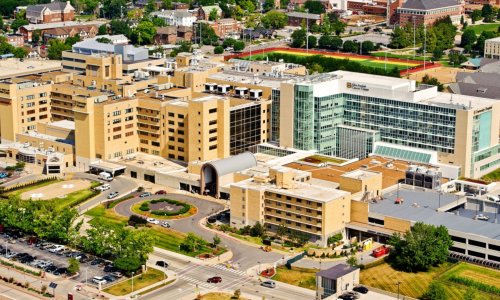New sequencing tech for the 1000 Genomes Project
Three companies that have pioneered development of new sequencing technologies have joined the 1000 Genomes Project - the international research consortium, announced in January, aiming to build the most detailed map of human genome that will provide a view of biomedically relevant DNA variations at a resolution unmatched by current resources.
The new participants: 454 Life Sciences (Roche, Branford, USA); Applied Biosystems (Applera Corporation, Foster City, USA) and Illumina Inc., of San Diego, USA.
Organisations already committed to major support: Beijing Genomics Institute, Shenzhen, China; the Wellcome Trust Sanger Institute, Hinxton, Cambridge, UK, and the National Human Genome Research Institute (NHGRI), part of the National Institutes of Health.
The NHGRI-supported work is being done by the institute’s Large-Scale Sequencing Network, which includes the Human Genome Sequencing Centre at Baylor College of Medicine, Houston; the Broad Institute of MIT and Harvard, Cambridge, Mass., and the Washington University Genome Sequencing Centre at Washington University School of Medicine, St. Louis.
Previous studies, such as the International HapMap project, have identified genetic variants that are present at a frequency of 5% or greater. The catalogue produced by the 1000 Genomes Project will map many more details of the human genome and how it varies between individuals, identifying genetic variants that are present at a frequency of 1% across most of the genome and down to 0.5% or lower within genes. The 1000 Genomes Project’s high-resolution catalogue will serve to accelerate many future research studies of people with specific illnesses.
The full-scale project will involve sequencing the genomes of at least 1,000 people, drawn from several populations globally, though that number could become 1,500 or more. The project will use samples from donors who have given informed consent for their DNA to be analyzed and placed in public databases. Most of these samples have already been collected, and any additional samples will come from specific populations. The data will contain no medical or personal identifying information about the donors.
* 454 Life Sciences develops and commercialises the innovative Genome Sequence System for ultra-high-throughput DNA sequencing. Specific applications include de novo sequencing and re-sequencing of genomes, metagenomics, RNA analysis, and targeted sequencing of DNA regions of interest. ‘The hallmarks of 454 Sequencing are its simple, unbiased sample preparation and long, highly accurate sequence reads, including paired reads,’ the firm reports. This has enabled peer-reviewed studies in diverse research fields, e.g. cancer and infectious diseases and drug discovery etc.
* Source: www.roche-applied-science.com/sis/sequencing
Details: http://www.454.com
01.07.2008





